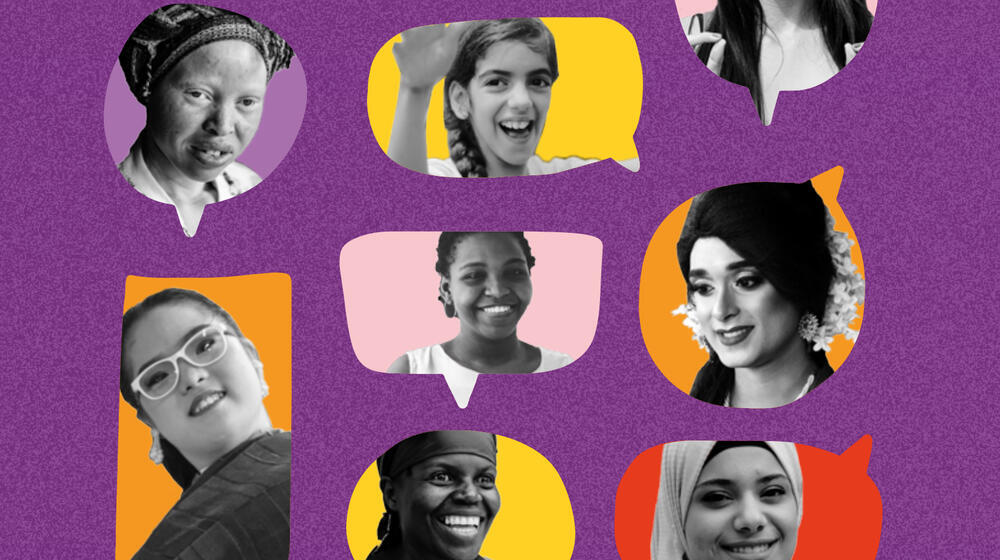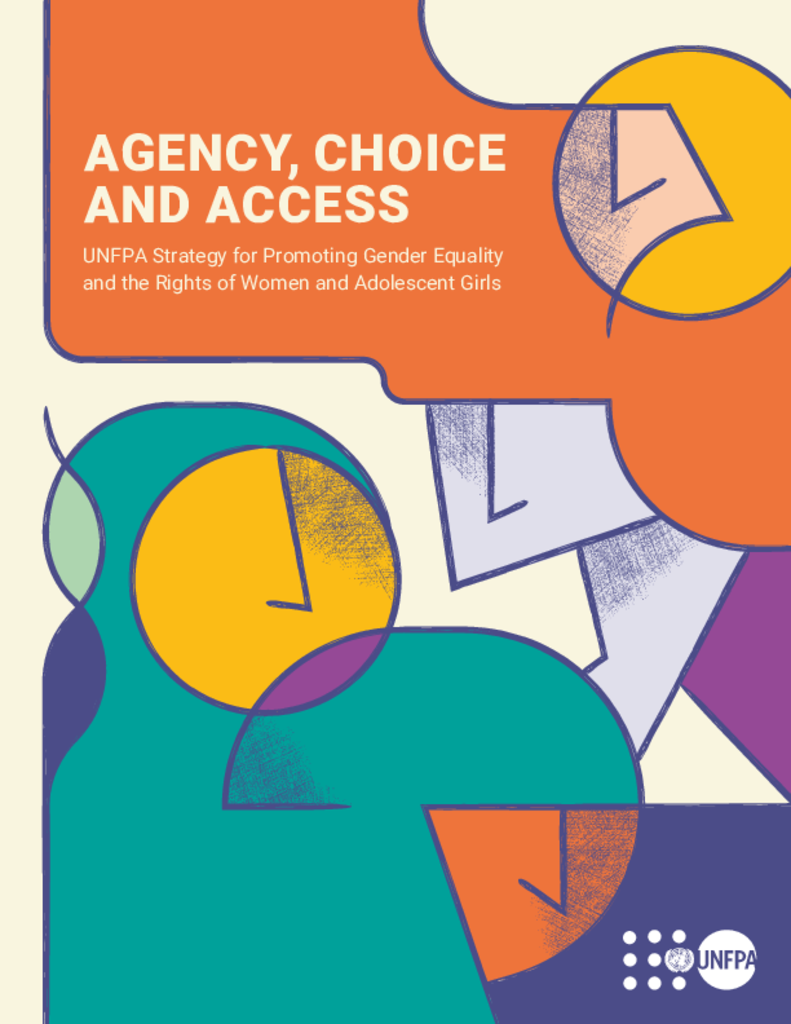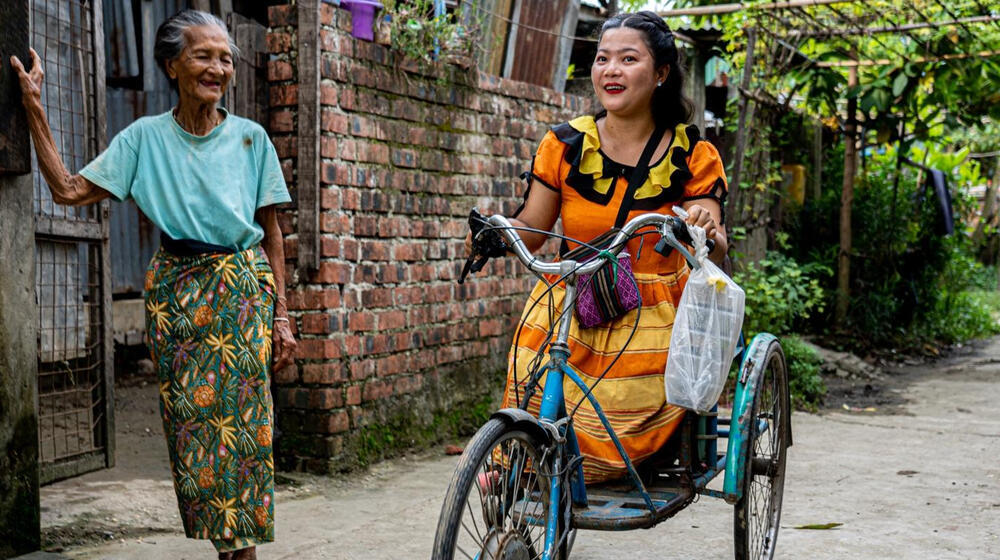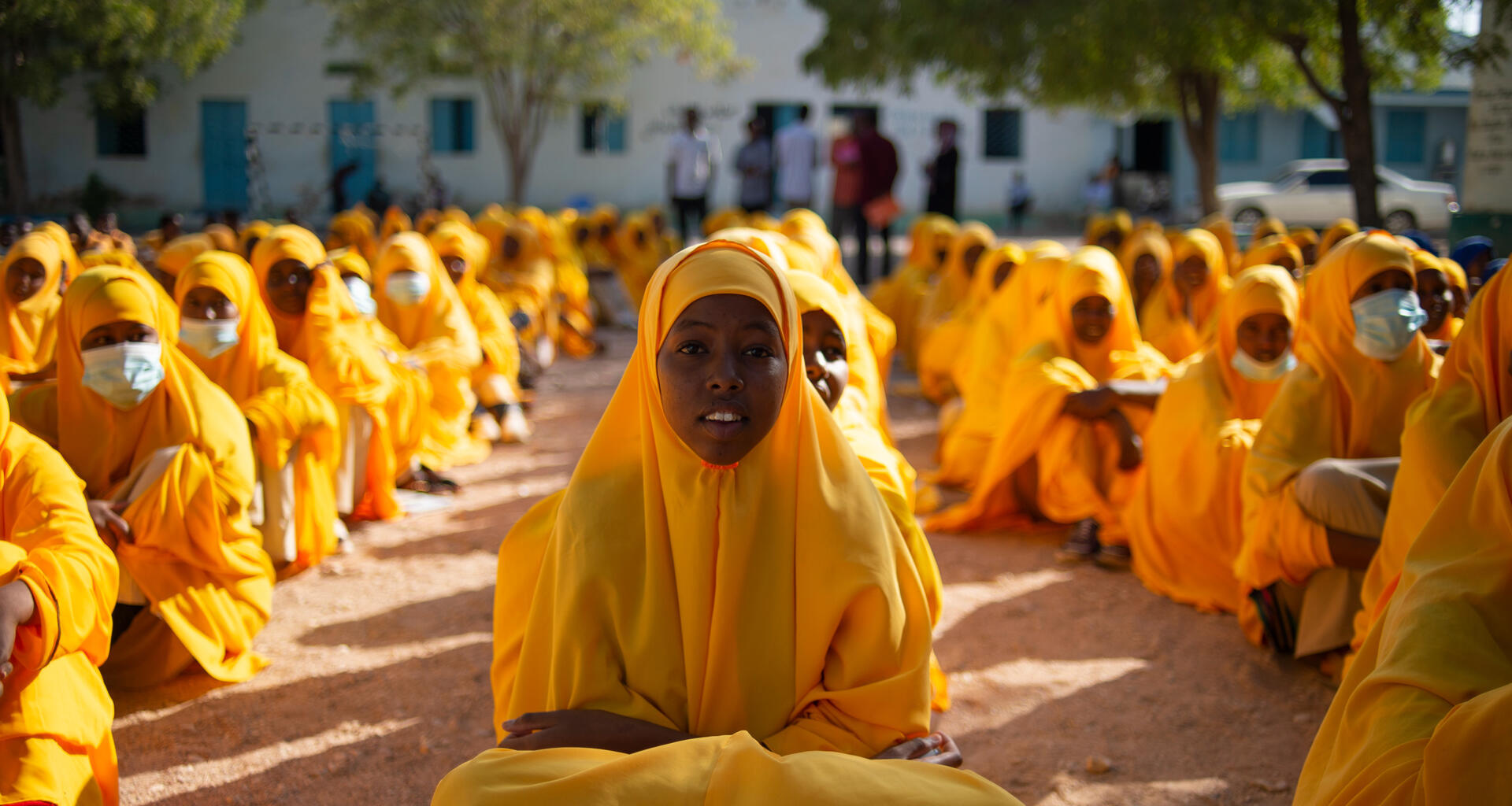Human rights are fulfilled when people can access inclusive and comprehensive sexuality education, when they can freely choose family planning methods, and when they can decide if and when to have sex or decide if and when to have children, and how to deliver them in a safe and respectful environment. The International Conference on Population and Development (ICPD) in 1994 recognized that sexual rights and reproductive rights are human rights. However, many people cannot exercise these rights: Some lack the information or means to make decisions, and some face coercion, discrimination or violence.
UNFPA works to empower individuals and communities to claim their rights through various strategies, including awareness-raising, training, life-skills capacity-building projects and working with national human rights institutions. UNFPA also works with governments to help them fulfill their human rights obligations under regional and international agreements.
UNFPA is leading United Nations efforts to realize the principle of leaving no one behind, and to translate the promises of equality and non-discrimination into concrete actions towards the fulfillment of sexual and reproductive rights. Women with disabilities; indigenous women; women of African descent; young women and girls; people with diverse sexual orientations, gender identities and gender expressions; and women from low-income regions include those at the heart of UNFPA’s commitment towards equality.
